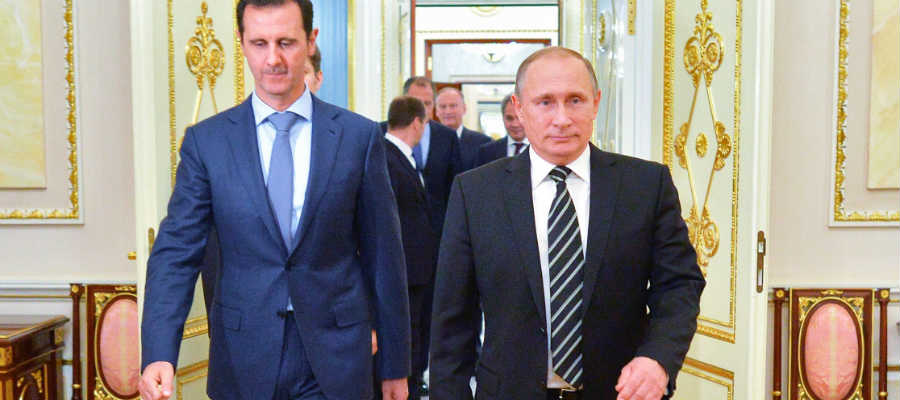BY SAEED NAQVI
Stalin is no longer a bad name in Russia.
As I get into the sleek Mercedes parked outside my downtown hotel, the big, burly Russian driver puts aside a book on Stalin he has been reading.
“Why Stalin?” I ask. He points to a large Metro station we pass. “He built this in 1937 the world’s greatest metro system with over 200 stations.” Then he is unstoppable in Russian which ofcourse I cannot follow.
My taxi driver is not the only Russian wrapped in nostalgia about the past. At a seminar on Pluralism and Separatism outside Moscow, in village Rogozinino, Russian scholar Sergey Kurginyan, takes my breath away: “a recent opinion poll suggests that 80% of the Russian population feel the people were better off during the Soviet period.”
Other Russian scholars find Kurginyan way off the mark. “Yes the older generation misses the stability in their lives.” They miss the world’s best public transport system – underground metro, trams, buses, subsidized taxis. “Not only could we reach our destinations easily, but the air was not polluted and there were no traffic jams.”
The younger generation, particularly the one in their 20s, are excited about the new cars, fancy restaurants, shops and shopping malls matching anything in the west. Not to be ignored are Moscow’s very own tailoring outfits, controlled by Sindhis from Hong Kong and quite in the image of Savile Row.
Russians across the board are sensitive to the status reversal they suffered with the Soviet collapse. This is Vladimir Putin’s strong point: he stokes Russian nationalism by appearing to stand upto the West. Informed opinion in Moscow suggests that Putin would have vetoed UNSC 1973 which gave NATO the right to impose a no-fly zone in Libya.
And now, Putin has dug his heels in on Syria. The view in Moscow is that “terrorism” as means of war will first recoil on countries of the region and then proceed to take its toll in enlarging concentric circles.
This does not mean that Putin is reckless in taking on the West. A source close to the Kremlin put it succinctly: if the choice is between Syria and Russia, then obviously he will not put Russia at risk.
Indeed, there is enough indication that he would like to ease tensions with the West. He needs this breathing space to consolidate on Russia’s vast oil, gas, timber, diamond and endless mineral wealth. Russia’s financial systems are not “globalised” and therefore not vulnerable on the European scale. This confidence provokes the US to devise ways to keep Russia off-balance, externally and internally.
When Pakistan closed the Karachi-Balochistan supply route to Afghanistan, Russians promptly enabled the Americans to set up a transportation hub at Ulyanovsk (ironically, Lenin’s birth place) to utilize the northern route.
Washington insisted that NATO radars in the Czech Republic and Interceptors in Hungary would be a pre-condition for START negotiations. Putin agreed.
Putin also accommodated Washington on other conditions to begin START talks. Kremlin accepted terms which the military was opposed to.
Why? First it fulfills Putin’s desire to accommodate Washington.
Also, Moscow-Washington Strategic Arms Reduction Treaty, creates an illusion of superpowers in conversation.
Numerous state sponsored programmes for Russians to study in American universities is part of the friendship offensive with the west.
The impression after a visit to Moscow is that the Kremlin is eager to ease its tensions with the West without compromising on its strategic interests. Recent floods in the south exposed systemic gaps. These Putin would like to plug on a priority basis before looking outwards.
Compared to Europe, Russia is such a cheerful story that Ukraine’s pro Europe bloc may soon wilt. A remarkable success story abutting Russia is Belarus. Call it Stalinist but, without having Russia’s resources, it is totally self sufficient sans crime. It escaped the trauma of Bandit Capitalism conferred on Moscow by the Boris Yeltsin regime.
As far as India is concerned, Russia is numero uno in the fields of Defense, Space and Atomic energy. Agreements for the third and fourth phase of Kudankulam Atomic power project were in the process of being signed during my Moscow stay. While negotiating pressures from the powerful, New Delhi must not be careless with its Russian assets.
(Saeed Naqvi is senior Indian journalist, television commentator, interviewer, and a Distinguished Fellow at Observer Research Foundation. Mr. Naqvi is also a mentor and a guest blogger with Canary Trap)
